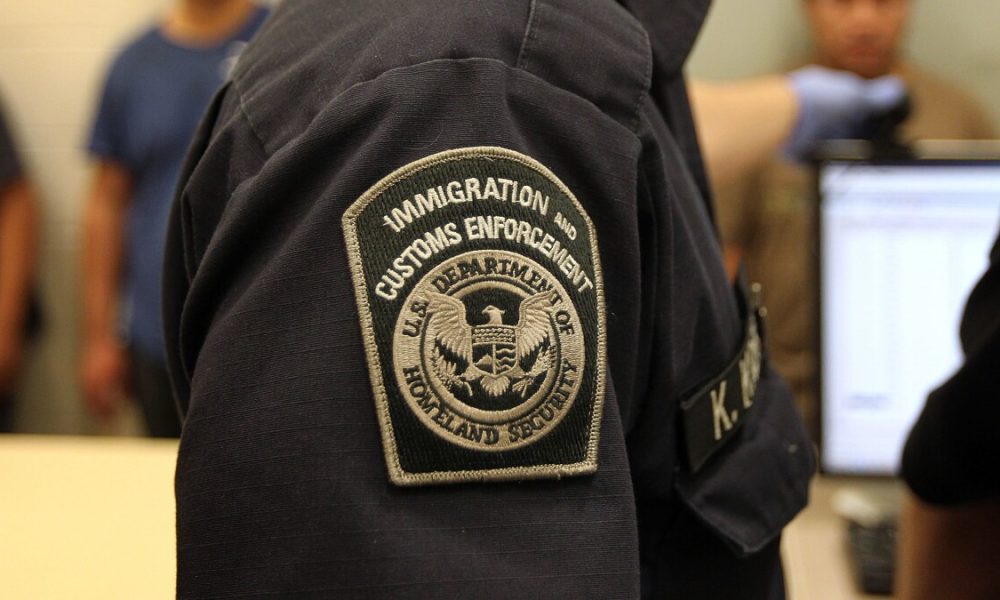In a powerful rebuke of U.S. immigration enforcement practices, a federal judge has ordered the release of Sering Ceesay, a 63-year-old Gambian native who had been detained by U.S. Immigration and Customs Enforcement (ICE) despite living in the United States for over three decades.
The judge, U.S. District Court Judge Lawrence J. Vilardo, denounced the government’s justification for Ceesay’s detention as “downright frightening,” arguing that ICE violated both its own regulations and the U.S. Constitution’s guarantee of due process. Ceesay, who has long suffered from chronic medical issues, was detained in February after failing to produce a passport during a routine ICE check-in in New York.
He has lived in the U.S. since the early 1990s and was initially ordered to voluntarily depart in 1997. While he did not leave, he continued to comply with ICE reporting requirements for over 25 years. When he showed up for a regular appointment without a passport earlier this year, an ICE officer allegedly became enraged and detained him on the spot—prompting a legal challenge from the Robert F. Kennedy Human Rights organisation.
Ceesay filed a petition of habeas corpus, arguing that while ICE may have had the authority to detain him, they failed to follow the required legal procedures in doing so. Judge Vilardo, an appointee of former President Barack Obama, agreed.
In a sharply worded opinion, Vilardo dismissed the government’s argument that proper procedure didn’t matter because the outcome—detention—would have been the same. “Procedure is not mere puffery, a gesture that is irrelevant so long as the result is correct,” Vilardo wrote. “The Constitution safeguards not just substantive rights under the law but due process as well. That process is at the core of what our Constitution guarantees.”
The judge went further, emphasizing the foundational principle that “everyone — citizen and noncitizen, the innocent and the guilty — is entitled to that sacred right.”
Ceesay’s legal team argued that he was not given time to prepare for his removal or explore legal options before being detained. Judge Vilardo found that ICE had not followed even the “minimal due process” required and ordered his immediate release.

However, the judge denied a request to stay Ceesay’s deportation past Tuesday, meaning ICE could attempt to detain him again after that date. As of Saturday, court filings confirmed that Ceesay had been released.
The ruling comes amid ongoing debates over immigration policy in the U.S., especially regarding the treatment of noncitizens. In a recent interview, former President Donald Trump questioned whether noncitizens are entitled to due process — a claim directly contradicted by Judge Vilardo’s ruling.
Ceesay’s case highlights the fragile position of many long-time immigrants in the U.S., particularly those from Africa, who often face legal limbo despite decades of residence, family ties, and community contributions.
As Ceesay awaits his next legal steps, his case has already drawn attention as a reminder of the fundamental rights at stake in immigration enforcement — and the importance of due process for all.





